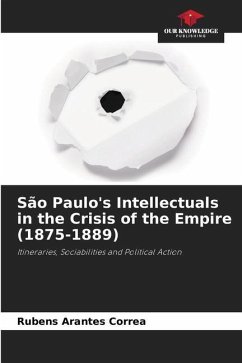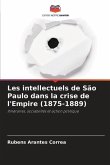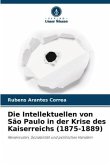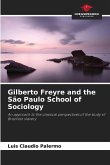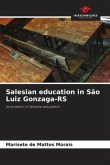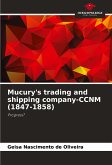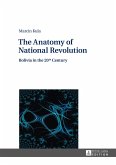The crisis of the Empire that began in 1870 and culminated with the civil-military movement that overthrew the monarchy in 1889 was lived intensely in São Paulo by a group of men of letters linked to emerging economic sectors and eager for prestige and visibility in an extremely conservative and noble society. They conducted a concerted and intentional movement of political confrontation against the dominant status through manifestos, class congresses, clubs and political parties, Masonic brotherhoods, press organs, interventions in the fields of education and culture, structures from which they built networks of sociability and repertoires of ideas. The political action of the Paulist men of letters aimed to put into practice a project of power that was able to contemplate localized interests, for which they forged a repertoire within which the term "republic" functioned much more as an appeal to co-opt adhesions in favor of their project of power and much less as a belief and conviction in the republican values of citizenship, respect for the public thing, separation between public and private and universalization of individual liberties.
Bitte wählen Sie Ihr Anliegen aus.
Rechnungen
Retourenschein anfordern
Bestellstatus
Storno

